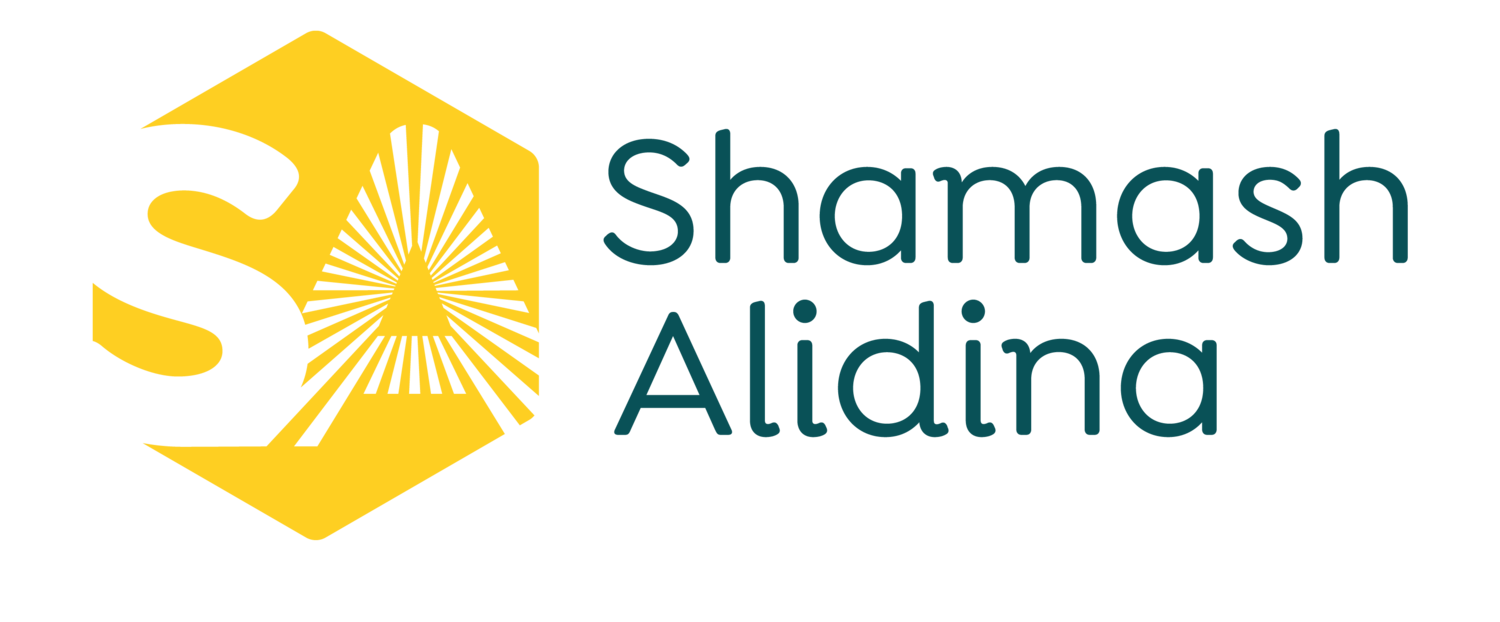Kaizen + Mindfulness: A Powerful Way for Transformation
/The journey of a thousand miles begins with a single step.
Have you ever heard of Kaizen? It’s the Japanese word for improvement. It has traditionally been applied to business, but can be used in personal transformation too.
First of all, let’s have a look at the amazing way Kaizen transformed Japan.
Following the second world war, Japan was in trouble. Their economy was in a really bad state. And Japanese companies weren’t known for reliability - they were known to be terrible. Hard to imagine now!
Along came Dr. Deming from the United States - an engineer who’d made lots of positive improvements in the US. Dr. Deming taught the Japanese the power of making very small, daily improvements. Improvements that everyone has to make - from the factory floor to the CEO. Improvements were given small rewards too - a few dollars each. The Japanese took his advice very seriously and implemented the approach across their industries. Kaizen became their culture.
These small, daily improvements added up. Japan rose from the ashes of war on the road to becoming the second-largest economy in the world through processes partially influenced by the ideas Deming taught. Deming ended up getting awarded by the Emperor of Japan. Nice one Deming!
Kaizen became not only a business strategy, but a philosophy of life in Japan. To make big changes, they had discovered the power of just taking small and consistent steps.
What is Kaizen
Kai means change and zen means good. So you can translate it to be meaning ‘Good change’.
Symbols for kai + Zen - Good change
Credit: Majo statt Senf - Own work, CC BY-SA 4.0, https://commons.wikimedia.org/w/index.php?curid=38767688
Kaizen is about taking small steps to lead to big change. Asking small questions. Valuing small moments. Enjoying small rewards.
In western society, we’re encouraged to make big changes through taking big leaps. But that’s rarely a good idea. Creating long-term change requires consistency and taking big leaps consistently isn’t realistic. But small, regular changes - that become part of our habit, and are far more reliable.
Mother Teresa understood this. She’s quoted as saying:
“Not all of us can do great things. But we can do small things with great love.”
She knew the value in every moment. In taking small actions with the right attitude.
Why are these small steps so powerful? For several reasons.
You side-step fear - all change involves some degree of fear. But if your steps are really small, there’s no fear there and so you can do the action more easily.
You side-step low motivation - motivation goes up and down in waves in humans. That’s how we work. But low motivation doesn’t matter if you’re taking super small steps. Taking small actions are easy.
You tap into more confidence - life can be hard with all its setbacks. By completing a really easy task, you feel great. Especially if you have an attitude of celebrating your small successes with immediate small rewards, like some inner praise. Your confidence and motivation grow.
Why am I telling you all this?
Because research into positive habit formation agrees with the research on kaizen. If you want to create a new habit, think small, not big.
Example: How I Use Kaizen to Overcome Any Procrastination
Here’s an embarrassing personal example I’ve decided to share! Yesterday I could see my desk had become very messy. But I hadn’t cleared it up for days (or more!), and wasn’t planning to soon, either. I wasn’t motivated to. I usually don’t work from my desk. Somehow my desk becomes a magnet for random stuff.
So I decided to film myself tidy up. But here’s the thing. Rather than saying to myself I’ll tidy the whole desk, I decided to just tidy a few bits and bobs. I wasn’t motivated to tidy up. But interestingly, once I got started, I ended up clearing up my whole desk and felt great!
Here’s the video:
Small change! I chose to just tidy up a little, but through that small step, I felt motivated to keep going and finally get round to having a desk that looks a bit more respectable and less ‘creative’!
To embrace the kaizen approach, I shall now tidy up at least one item from my desk every morning. And if I’m motivated to do more, I will. But if not, one item is great and I’ll be celebrating that achievement to. In this way, a new habit is being nurtured.
Kaizen and Mindfulness
So, how can you apply this philosophy of kaizen to mindfulness?
Simple!
You just need to start each day with a really small step. A step so small, it’s embarrassingly small. And once you’ve done it, celebrate by congratulating yourself.
For example, here’s what you could do to get into mindfulness:
Kaizen Mindfulness Steps
Once you wake up, take one, deep mindful breath in and out.
Congratulate yourself. E.g. ‘Well done ME. You’re going to have a great day!’
Once you manage to do this most days for a week, try two breaths the following week. And then three breaths. Then you could gradually build it up into a few minutes, 10 minutes and so on.
Notice I say most days, not all days. This is because we’re moving away from perfection. Just do the best you can. Some days you may forget. But that doesn’t mean you need to give up.
Taking this approach, you’re more likely to start a daily habit of practising some mindfulness meditation every morning.
Why the morning? This is because according to research by BJ Fogg, mornings are the best time to cultivate positive habits like these - they have a greater likelihood to stick.
In this way, you can build it up.
You’ll find several interesting things happen:
You get a positive feeling of success, even though the action is very small.
You feel a bit more motivated to take positive actions in the rest of your life - a positive ripple effect!
Conclusion
Kaizen is about taking very small and consistent steps to achieve big change. The very small but regular actions have a compound effect on your life.
If you wish to build a mindfulness habit, try taking just one deep breath each morning, after waking up. And celebrate with a smile or words like ‘I did it!’
Notice what positive ripple effects this incredibly small action has, and share with us!
I’ll be sharing more about the power of tiny habits in future posts. But for now, happy kaizening!
If you’d like to learn more about my approach of combining mindfulness with kindness, consider my free 7 day course. Or my full 8 week program which is currently on sale - includes 60 mini daily videos and over 15 guided kindfulness audio meditations to try.
20 guided Kindful Meditations,
50 High- Definition Videos
200 students have completed the program
5 stars is the average rating!




